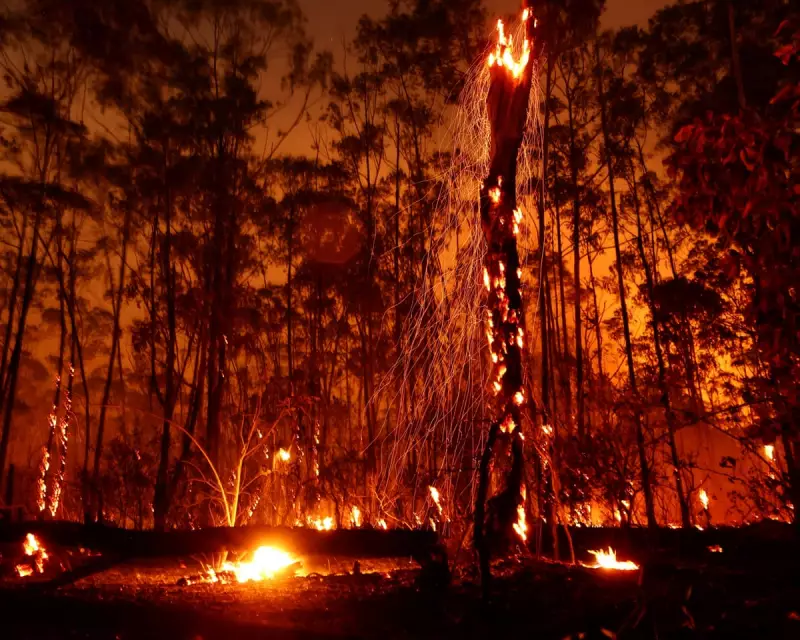
A damning new analysis has exposed the alarming gap between global climate promises and the urgent action needed to prevent catastrophic warming. The world's current commitments would lead to devastating temperature rises of between 2.5°C and 2.9°C above pre-industrial levels—far beyond the Paris Agreement's goal of limiting warming to 1.5°C.
The Stark Reality of Our Climate Future
The comprehensive assessment reveals that despite increased climate pledges from nations worldwide, we remain on a collision course with environmental disaster. Current plans would result in planet-heating emissions decreasing by just 2% by 2030 compared to 2019 levels. This falls catastrophically short of the 43% reduction scientists say is necessary to keep the 1.5°C target within reach.
"We are witnessing a dangerous disconnect between political rhetoric and concrete action," the report states. "The window for keeping 1.5°C alive is closing rapidly, and current commitments are simply not enough."
Key Findings That Should Alarm Everyone
- Global emissions must fall by a staggering 28-42% by 2030 to meet Paris Agreement goals
- Current pledges would achieve only a minimal 2% reduction in the same timeframe
- The world is heading for potentially catastrophic warming between 2.5°C and 2.9°C
- Urgent, unprecedented action is required across all sectors and nations
A Race Against Time
The analysis comes at a critical juncture in global climate negotiations. With each fraction of a degree carrying profound consequences for extreme weather, sea-level rise, and ecosystem collapse, the stakes could not be higher.
"This isn't just another report—it's a final warning," said one climate scientist involved in the analysis. "We're rapidly approaching tipping points from which there may be no return. The choices we make in the next few years will determine the future of our planet for centuries to come."
The Path Forward
Experts emphasize that while the situation is dire, it's not hopeless. Rapid deployment of renewable energy, transformative changes in transportation and industry, and protection of natural carbon sinks could still put us on the right track.
The message is clear: incremental changes are no longer sufficient. What's needed is nothing short of a global revolution in how we power our societies, move around, and interact with our natural world.
As world leaders prepare for the next round of climate negotiations, this analysis serves as a stark reminder that promises must now translate into immediate, measurable action. The future of our planet depends on it.





